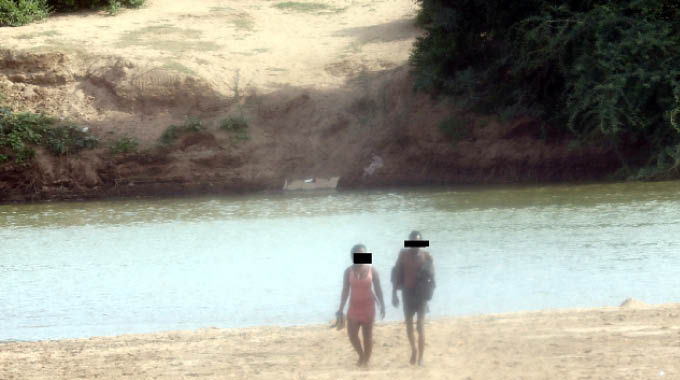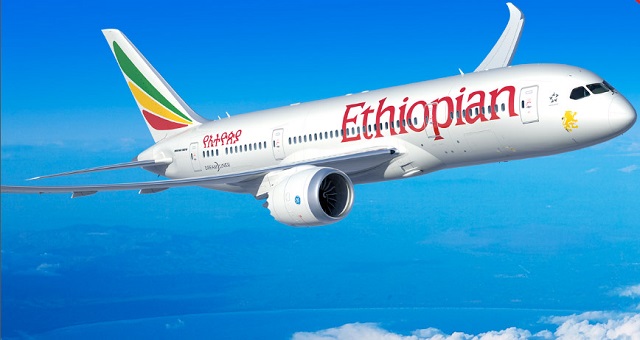Need to curb illegal movement along country’s borders

Thupeyo Muleya, Beitbridge Bureau
Smuggling and other rent-seeking activities have become a perennial headache along Zimbabwe’s border with South Africa.
Authorities believe that intrusive leakages could be costing the country over US$1 billion annually in unpaid customs duty.
It is understood that the organised evasion of duties is also compromising state development projects and the viability of businesses that abide by all customs requirements.
As a result, the Government and Zimbabweans in general now have a general consensus that something must be done to curb leakages along the border.
Common goods that are being smuggled into the country include building materials, vehicles, flea market wares, illicit medicines, groceries, fuel, electrical gadgets and others.
On the export side, both small time and well established dealers are smuggling mainly minerals, cigarettes, and stolen livestock.
Chronicle understands that reasons for smuggling include tough import regimes in both South Africa and Zimbabwe.
In addition, the vice has often been attributed to the economic situation in Zimbabwe where some goods are hardly available on the local market.
At times, those that are locally manufactured are beyond the reach of the ordinary citizen.
Zimbabwe imports goods worth millions of dollars from its neighbour annually and according to the Zimbabwe Revenue Authority (Zimra) they collect at least $150 million in import duty at Beitbridge weekly.
On the other hand, the South Africans are intercepting Zimbabwean cigarettes worth millions of rands around Limpopo Province daily.
Chronicle is reliably informed that it is difficult for Zimbabweans to export cigarettes to South Africa due to high excise duty rates in that country on tobacco.
Statistics from the South African Revenue Services (SARS) show that a total 82 689 043kg of tobacco were imported from Zimbabwe between January 2010 until March 2015. These include imports of cigars, cheroots, cigarillos and cigarettes, tobacco or tobacco substitutes.
It is also understood that in terms of SARS’s schedule one part two/section a (specific excise duties on locally manufactured or on imported goods of the same class or kind), various rates of duty are specified, for instance cigarettes imported from Zimbabwe at a rate of R6.21 per 10 cigarettes.
Further, smoking tobacco, whether or not containing tobacco substitutes in any proportions, pipe tobacco in immediate packings of a content of less than 5 kg is charged at R155.54/kg net, with others including pipe tobacco charged at R155.54/kg net and cigarette tobacco: R278.82/kg.
This state of affairs has created room for smugglers to put the product on the black market.
At home, a lot of import laws are reportedly being implemented to control the imports of goods which are locally manufactured.
However, the manufacturing sector is failing to meet the demand and the cumbersome duty payment processes at the border are reportedly and most unfortunately pushing some people into smuggling.
Since the turn of the millennium, many taskforces from both South Africa and Zimbabwe have been to the border in an attempt to close loopholes, but the situation remains the same.
Border authorities have come up with a number of solutions to halt leakages but non-implementation has been the Government’s greatest undoing.
Some officers deployed for border patrols have been fingered in smuggling rackets considering that they are deployed for 30 days to live within their own means.
Apart from that, the officers don’t have resources including vehicles and related equipment and there are no patrol roads like what is the case in South Africa, where more arrests are effected.
So the officers have to do the task on foot against very liquid criminals hence putting some of them into risk of rent-seeking activities.
Proposals to grade a patrol road, motorising patrols, deploying more staff have become common and it’s high time the Government acted considering that most of its revenue is derived from domestic, excise and customs taxes.
Further, security authorities need to conduct continuous joint patrols and the men and women charged with such a huge task should be highly motivated through conditions of service to ensure that poverty doesn’t lead them into the hands of ‘loaded’ criminals.
It is also high time Zimbabwe and South Africa opened up two more proposed border posts at Shashe and Tshituripasi to make travelling seamless for communities in those areas.
Some of the people don’t see reason in travelling for long distances to the only port of entry, Beitbridge, where travelling is very expensive compared to the illegal crossing points along the Limpopo River.
The Government should deploy more machinery (detectors) for minerals and metals and sniffer dogs to the border.
Currently, security agencies rely on tip offs to effect arrests of mineral smugglers.
In essence, the ZRP needs to go the hi-tech route to curb the illegal flight of minerals. It is good that the Government recently acquired drones for surveillance and patrolling of the country’s porous borders as part of efforts to capacitate security personnel in addressing security challenges posed by border jumpers and smugglers.
It is also important for Zimbabwe to liberalise the importation of the items which are not produced locally and to review import duty to minimal levels.
This will see more people using formal channels to ship goods. The security forces should also work with communities living in underlying border areas in curbing crime.
If these communities feel left out, the chaos will continue.
There is also a strong need for a review to smuggling laws for them to attract lengthy jail terms rather than the current regime of paying fines and walking away.
Considering that almost 30 percent of locally made cigarettes find their way to the South African market illegally, it is important for Harare and Pretoria to engage and find common ground to trade the commodity.








Comments